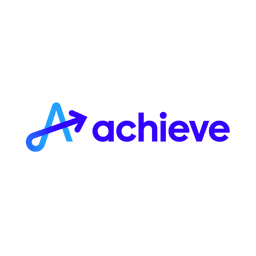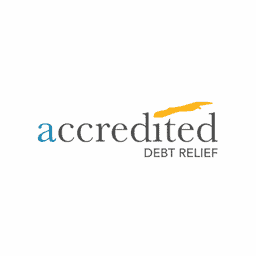Outstanding debt is not something you want to review day after day. It’s a constant reminder that you owe money, have been irresponsible with payments, and will have to pay off that money at some point in your future – whether it’s near or far to your present situation. No one wants to carry around outstanding debt, especially heading into a new year. If you’re tired of letting your debt control your life, your purchases, and your credit scores, it’s worth considering debt consolidation in the coming months. Refinancing your debt may also incur in savings, meaning you can get out of your outstanding debt faster.
Ways to Consolidate Outstanding Debt
Here are a few of the best ways to accomplish all outstanding debt consolidation this year:
1. Personal Loan
A personal loan is a loan issued by a bank or credit union, whereby you borrow a certain amount of money and pay it back in installments over a well-defined repayment period, which can be anywhere from 12 to 60-months. These loans have fixed interest rates and can vary depending upon your credit score, as well as the size of the loan. As a form of unsecured debt, not being backed by any collateral, if you default on this loan, you won’t lose your home or your car. However, money is money, which means you will be borrowing money from a bank or credit union, using that money to pay off smaller debts, and owe in a monthly payment to the union along the way. You’re essentially adding more payments to your already unmanageable amount of payments. Regardless, this is a low-risk and responsible way to go about tackling your debt.
2. Borrow
Yes, borrowing isn’t going to totally eradicate your debt – but then again, nothing will. One way to consolidate your debt is to borrow money from a family member or a friend, pay off your individual debts, and then pay off the family member or friend over time. This is the easiest option, as you’ll avoid interest rates and other hidden fees by going directly to a source in your life. This option is only attainable, however, if you are close with individuals who have the financial capability to loan you money with flexible repayment periods. Additionally, do you feel comfortable asking for money? Some people do, some people do not. Overall, it’s the easiest, cheapest option, but comes with a lot of uncertainty and potential problems in the future.
3. Balance Transfer
For many people, consolidating outstanding debt into one account makes the entire thing more manageable. Reviewing dozens of accounts each day can make the debt seem much larger, sending us into a frenzy. If the debt is bundled up as a lump sum, it can make it seem smaller and easier to digest. Using credit card balance transfers to consolidate your credit card debt will also help you save money on credit card interest and make progress towards paying down your debt. With one consolidated account, you are paying one interest rate, as opposed to 10 different rates for your different accounts. However, it’s not all great. It does cost you to transfer balances into different accounts, and it can also affect your credit score as you do it.
Regardless of your approach, consolidate your debt will always save you money.










